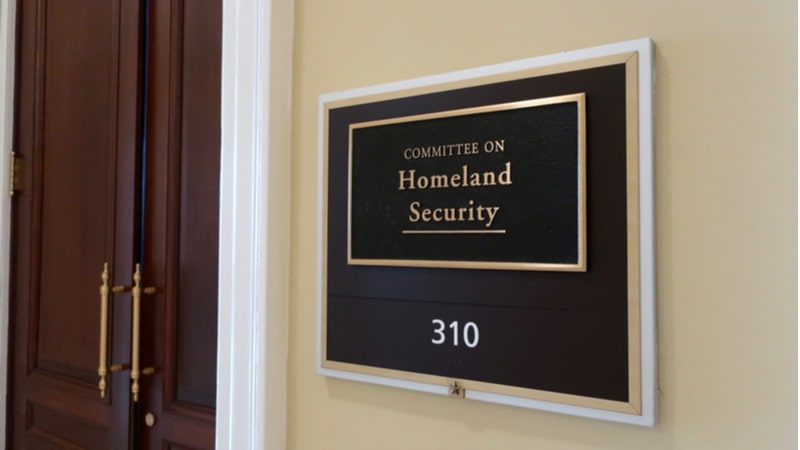Leaders of the Senate Homeland Security and Governmental Affairs (HSGAC) Emerging Threats and Expenditures Oversight (ETSO) Subcommittee are calling for stricter measures to prevent adversaries from accessing “sensitive technologies” such as artificial intelligence. announced a bill introducing export controls. A company based in the United States.
of Export Control Strengthening Act – ETSO Chair Maggie Hassan (D.N.H.) and Ranking Member Mitt Romney (R-Utah) introduced on Tuesday – Within the Department of Homeland Security (DHS) to stop illegal exports, Export Enforcement Coordination Center (E2C2) will be formally established for China, Russia, Iran, and North Korea.
“We must prevent our adversaries from acquiring and exploiting U.S.-developed technology,” Sen. Hassan said in a speech on April 9. statement. “This bipartisan legislation strengthens export controls by increasing resources to detect, investigate, and prevent potential export violations.”
The bill would formalize and promote consistency in staffing levels for E2C2, which would be tasked with focusing on enforcement of sensitive technologies, including semiconductors, AI, and quantum technologies.
“Export controls are an important national security tool to protect American technology from acquisition and use by adversaries,” said Senator Romney. “The United States leads the world in technological innovation, and countries such as China, Russia, and Iran are making great efforts to acquire sensitive technologies such as semiconductors and artificial intelligence, often exporting Violates regulations. Our law ensures that the Interagency Export Enforcement Coordination Center has the resources it needs to effectively lead export control enforcement and coordination efforts. is.”
E2C2 was established under DHS by executive order of the Obama administration in 2010. It is currently housed within DHS' Immigration and Customs Enforcement Homeland Security Investigations Global Trade Investigations Division.
The Export Control Enforcement and Improvement Act would give DHS $25 million in fiscal year 2025 to formally establish and staff E2C2.
The bill also calls for an evaluation of the value of increasing the number of law enforcement officers stationed in foreign countries with a focus on export controls, and coordination with the private sector to ensure U.S. companies are aware of the latest threats and risks of transshipment. It is also required to support the


